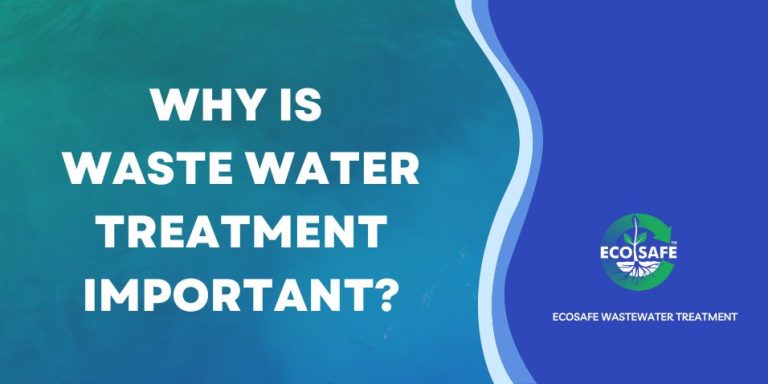Reclaim Waste - The Facts
Reclaim Waste - The Facts
Blog Article
4 Simple Techniques For Reclaim Waste
Table of Contents10 Easy Facts About Reclaim Waste ShownThe Single Strategy To Use For Reclaim WasteSome Known Details About Reclaim Waste The Only Guide for Reclaim WasteThings about Reclaim Waste
Discover the kinds, incidents, and forms of fluid waste. Domestic sewer waste refers to the waste and items from a household sewage-disposal tank. This kind of waste is developed by people in houses, colleges, and other structures. This only includes sewage-disposal tanks that have a drainpipe area. The appropriate monitoring and disposal of domestic sewer waste call for fluid waste to be moved to a sewage treatment plant where the appropriate approaches and devices are put on detoxify and deal with waste.
Business waste frequently consists of potential hazards, such as combustible materials or a blend of fluid and solid waste products, and needs an advanced and comprehensive disposal procedure. The disposal of business waste usually involves the filtration of waste prior to transport to guarantee secure and correct disposal. Industrial waste is created from by-products and drainage of commercial procedures and production.
This kind of waste can not utilize the very same sewage administration transport or processes as septic or industrial liquids. The commercial waste administration process calls for the assessment and testing of fluid waste prior to it undertakes the disposal procedure (liquid waste disposal). Drainage waste is the fluid waste that originates from drainage and excess stormwater in very booming areas or cities
Runoff waste can cause contamination and flooding otherwise taken care of properly. Learn extra regarding drain cleaning and waste administration. Making sure appropriate waste administration can avoid disasters and decrease environmental injury. Both people in household setups and experts in industrial or production sectors can gain from comprehending the processes and regulations of fluid waste monitoring.
5 Easy Facts About Reclaim Waste Explained
Get in touch with PROS Services today to find out about our waste management and disposal solutions and the appropriate ways to look after the fluid waste you create.
(https://allmyfaves.com/reclaimwaste1?tab=Reclaim%20Waste)This so-called 'wastewater' is not only a vital source but, after therapy, will be launched to our land, waterways or the sea. Used water from toilets, showers, baths, kitchen area sinks, laundries and commercial processes is understood as wastewater.

water utilized to cool machinery or clean plant and devices). Stormwater, a form of wastewater, is drainage that streams from agricultural and urban locations such as roofings, parks, yards, roadways, paths and rain gutters right into stormwater drains, after rain. Stormwater flows unattended straight to local creeks or rivers, ultimately reaching the sea.
About Reclaim Waste
In Queensland, the majority of wastewater is treated at sewer therapy plants. Wastewater is transferred from domestic or industrial websites with a system of sewers and pump stations, anonymous understood as sewage reticulation, to a sewage treatment plant.
The Department of Natural Resources recommends local governments about handling, operating and keeping sewage systems and treatment plants. In unsewered areas, city governments might call for homeowners to set up individual or household sewer therapy systems to treat domestic wastewater from commodes, kitchens, washrooms and washings. The Division of Natural Resources authorises the use of home systems when they are shown to be reliable.
The majority of stormwater receives no therapy. In some new subdivisions, therapy of some stormwater to eliminate trash, sand and gravel has actually started utilizing gross pollutant catches. Wastewater treatment occurs in 4 stages: Eliminates strong matter. Larger solids, such as plastics and various other objects wrongly released to sewers, are gotten rid of when wastewater is gone through screens.
Wastewater then streams into big tanks where solids clear up and are removed as sludge. Oil and residue are skimmed from the surface. Makes use of tiny living microorganisms called micro-organisms to damage down and remove continuing to be dissolved wastes and fine fragments. Micro-organisms and wastes are incorporated in the sludge. Gets rid of nitrogen and phosphorus nutrients that could trigger algal blossoms in our waterways and intimidate aquatic life.
Reclaim Waste for Beginners
Nutrient elimination is not readily available in any way sewage treatment plants because it needs pricey specialized tools. It is coming to be more common in Queensland. Clear liquid effluent produced after treatment may still have disease-causing micro-organisms. If this effluent is released into waterways such as rivers or the sea, the micro-organisms will at some point die out.

The majority of wastewater streams into the sewerage system. Under the Act, regional governments administer authorizations and permits for ecologically relevant tasks (Periods) entailing wastewater launches that might have a neighborhood effect.
Facts About Reclaim Waste Uncovered
Tracking gives valid information regarding water high quality and can verify that permit problems are being fulfilled. The details gotten via monitoring offers the basis for making water top quality choices.
Report this page